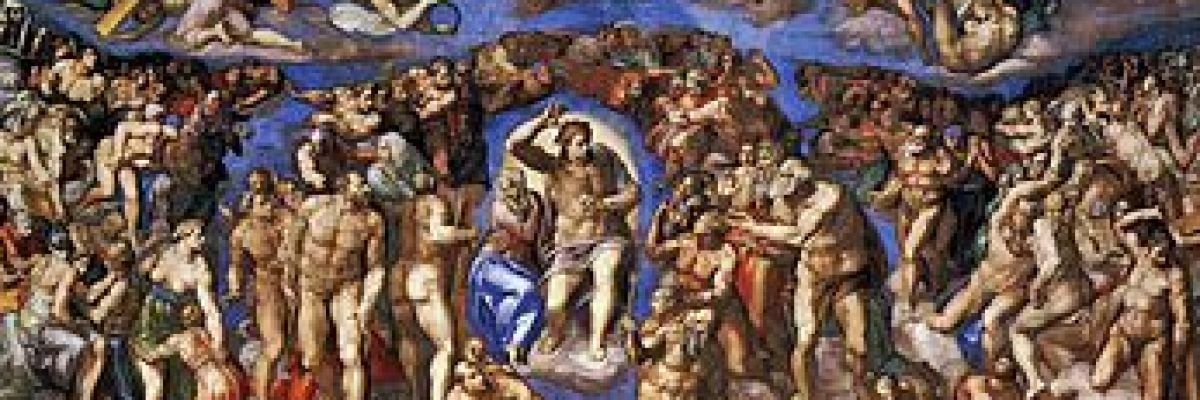
Question:
Answer:
Yes, they do. This is seen in the angels’ choice to love and serve God when the Good Lord created them.
One third of the angels (Rev. 12:4), led by the devil/Satan (Matt. 25:41), regrettably chose to rebel against God. United in the power of God, Michael and the good angels vanquished the fallen angels from the heavenly realm (Rev. 12:7-9).
When the angels made their initial choice to love and serve the Lord or not, they perfectly saw—according to their angelic natures—the irrevocably eternal consequences of their actions. That is, they were given the power by God to make a clear and irrevocable choice to love and serve him or not. Some chose well, while others chose very badly.
Does this mean that the angels in heaven are not truly free, given that they cannot turn away from God after their initial, irrevocable decision? To the contrary, they are perfectly free. Again, they clearly saw the irrevocably eternal nature of their decision to love and serve God, and they made that good choice. And their choice has redounded to their everlasting joy.
In this light, we see that the perfection of freedom is not having a multiplicity of choices, some morally good and some immoral. The perfection of freedom is having the capacity to choose the good, to truly fulfill ourselves as persons created in God’s image and likeness and not diminish ourselves through sinful choices (see Gen. 1:26-27).
Consequently, we see that the perfection of freedom is imperviousness to sin (see Rev. 21:27). And so Jesus, as the God-man, by nature couldn’t have sinned, which means he was perfectly free. If he were vulnerable to sinning, he would be vulnerable to moral imperfection. And thus he wouldn’t or couldn’t be God, for God is necessarily omnipotent, all-powerful to do what is morally good. Whereas those who are vulnerable to sin, or shackled by personal sins—whether in the temporal realm or the eternal realm—are necessarily not free in the most important sense of the word.



